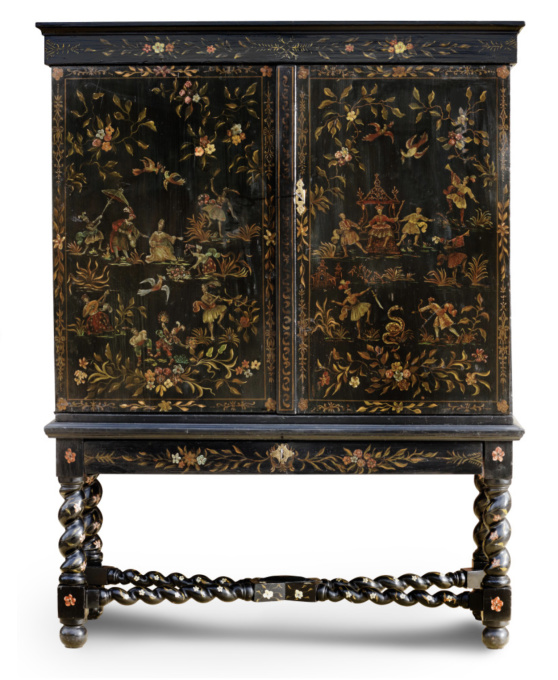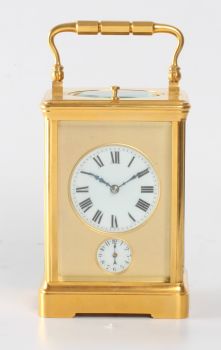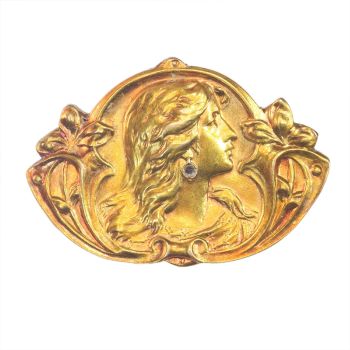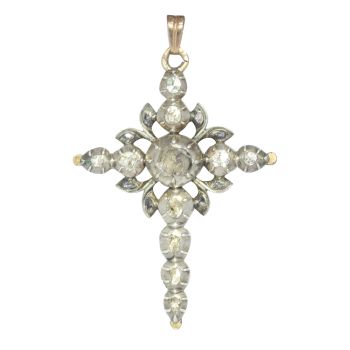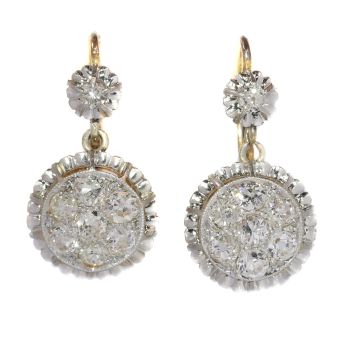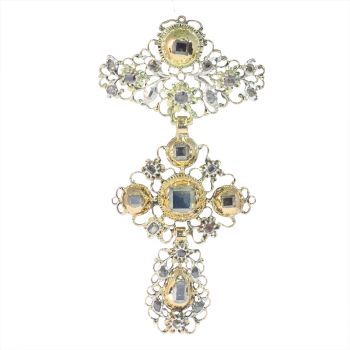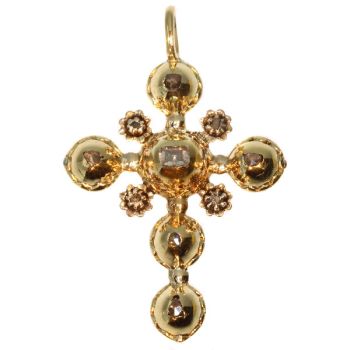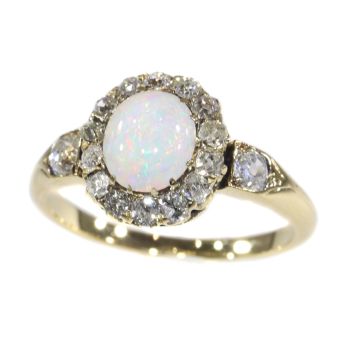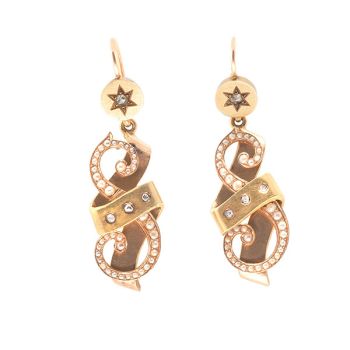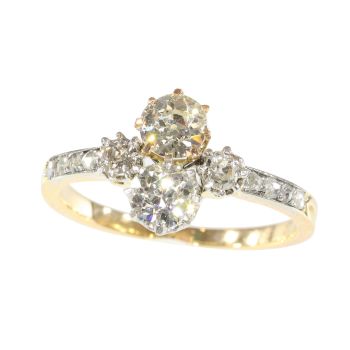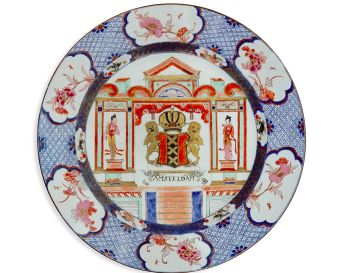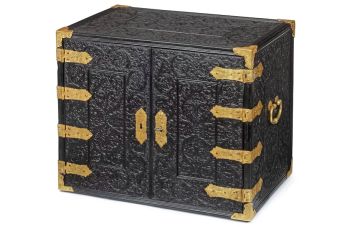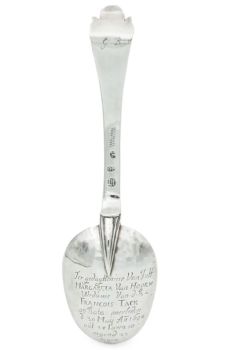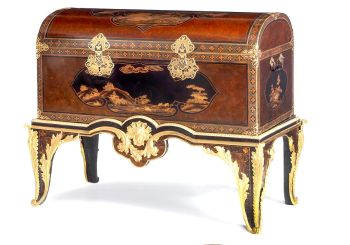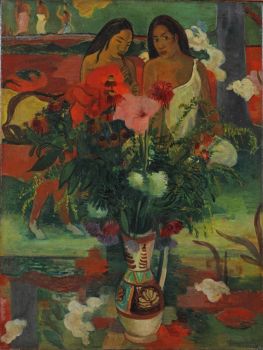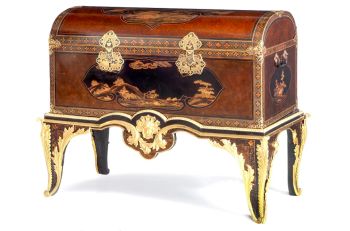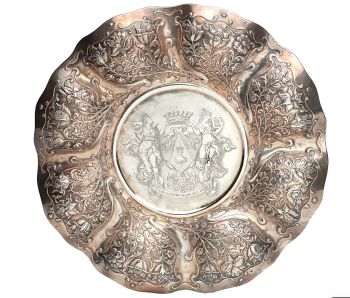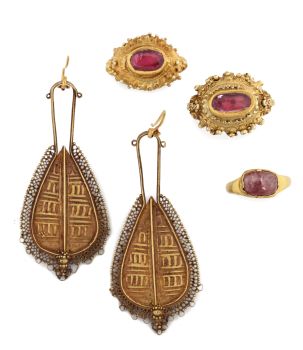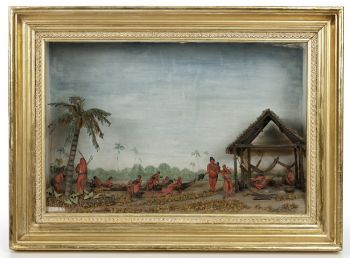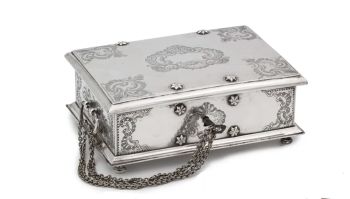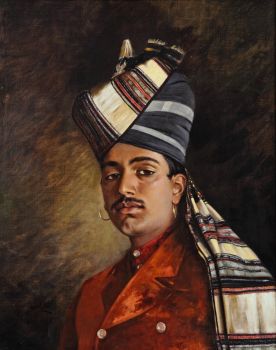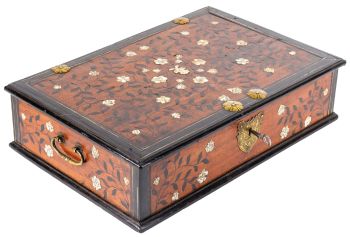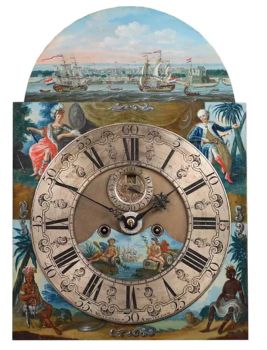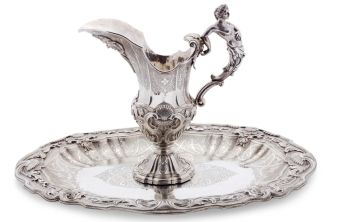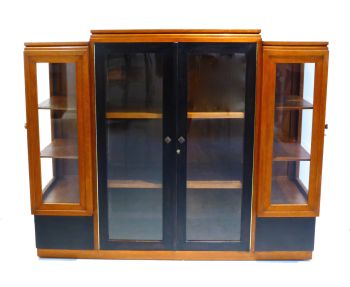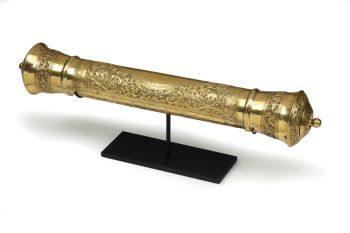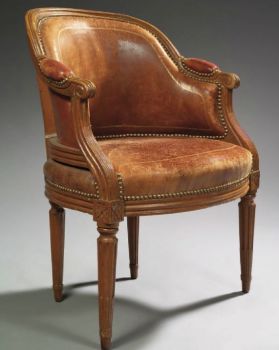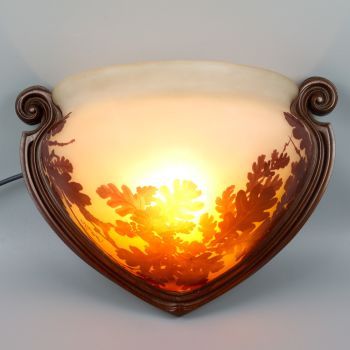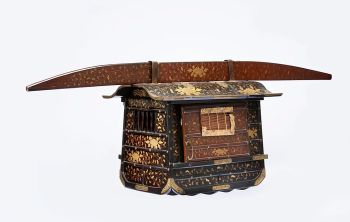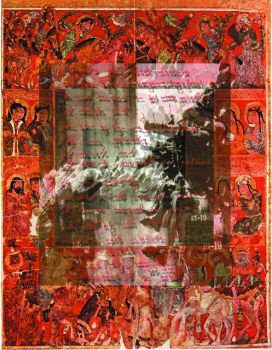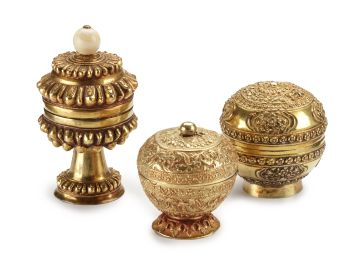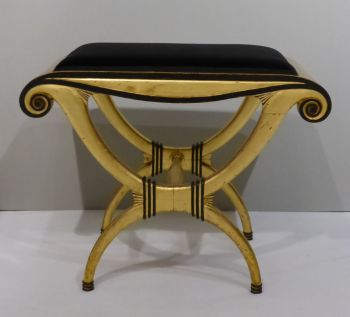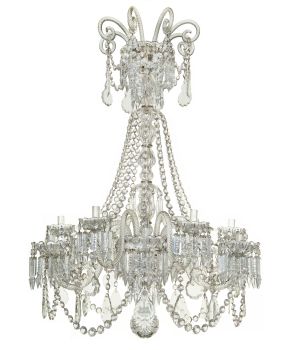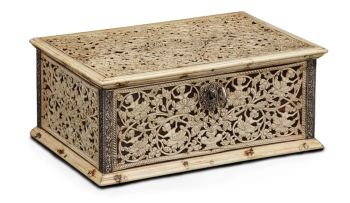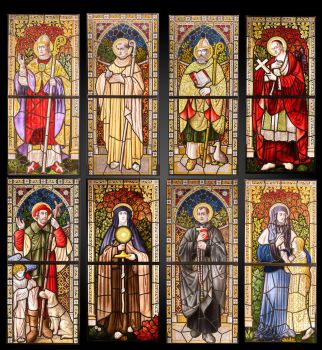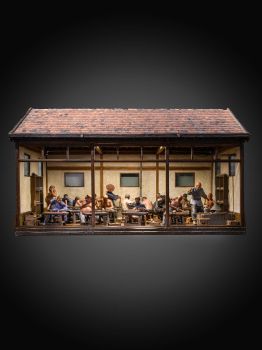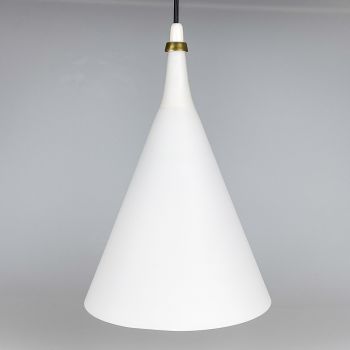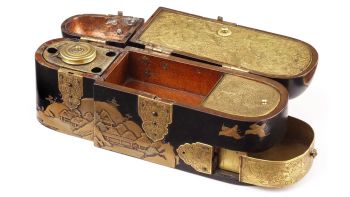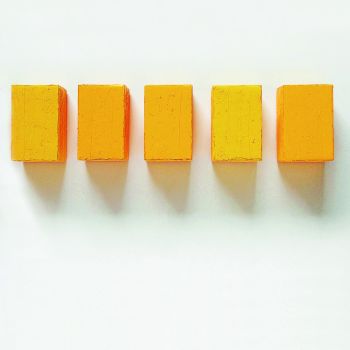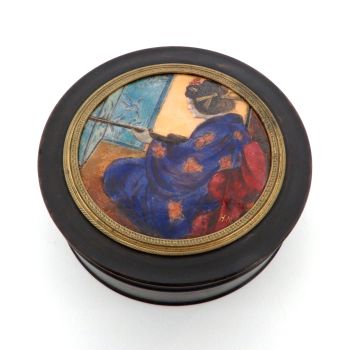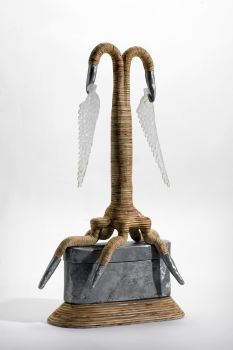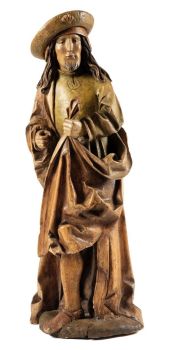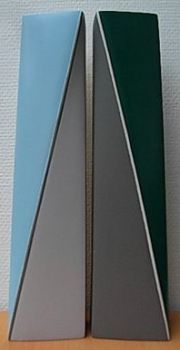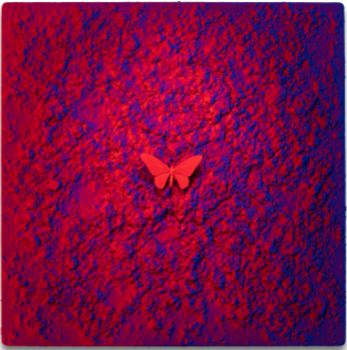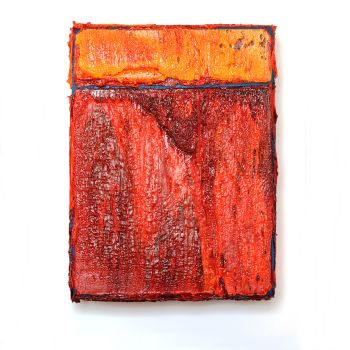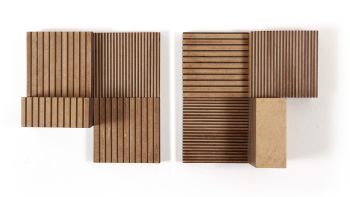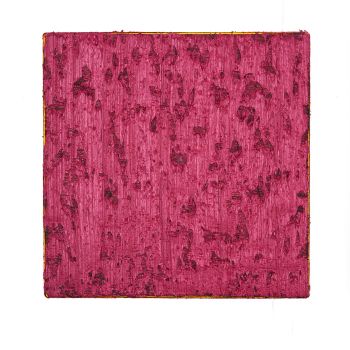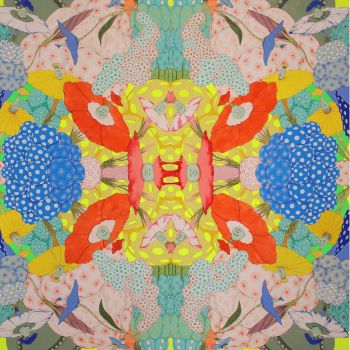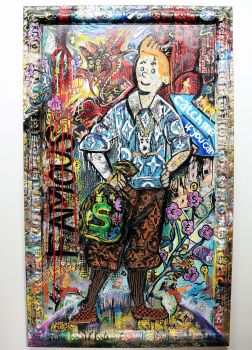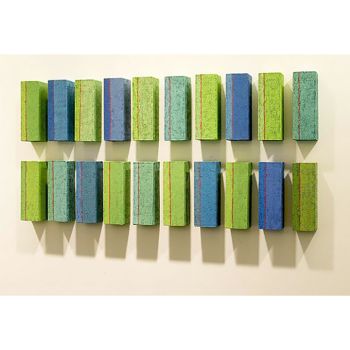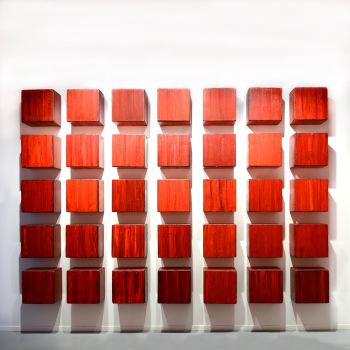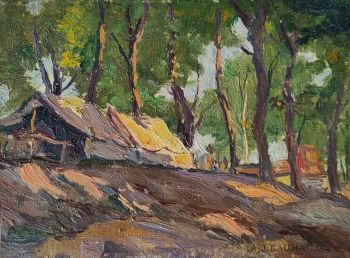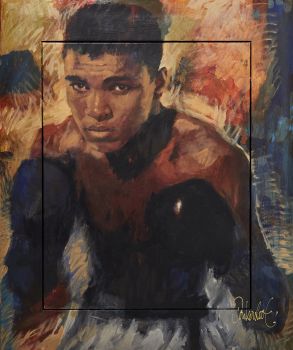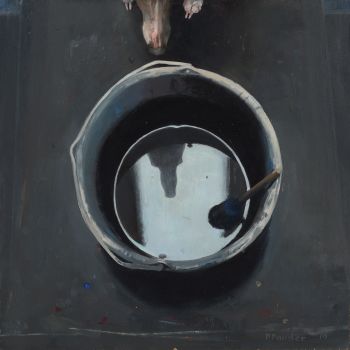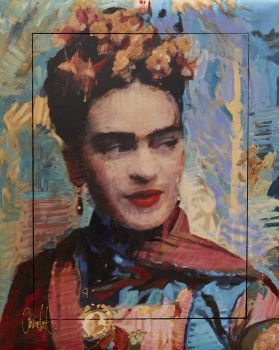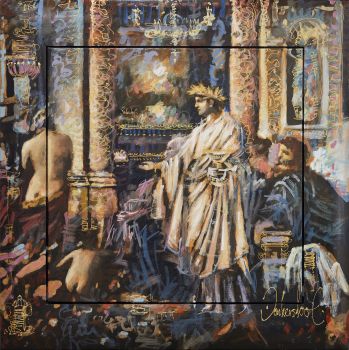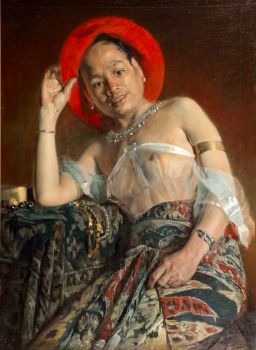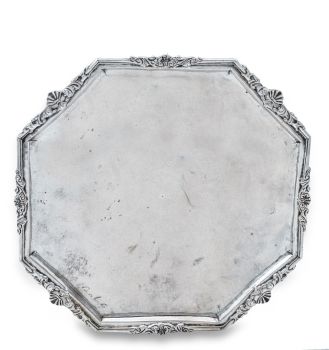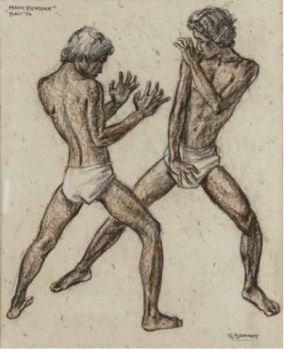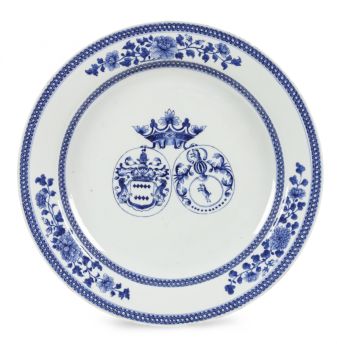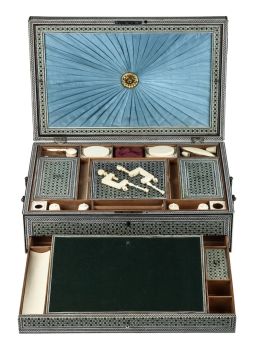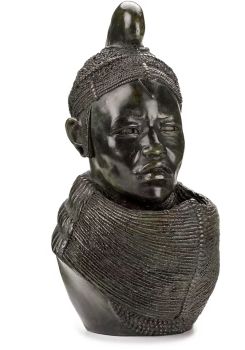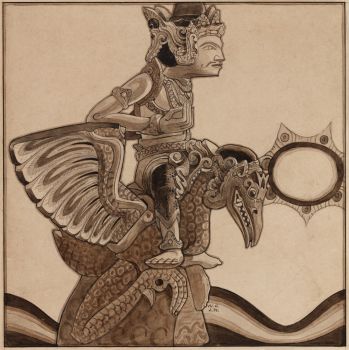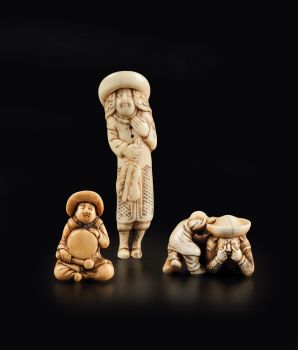A Dutch Chinoiserie pinewood polychrome lacquered cabinet on stand 1650 - 1700
Unknown artist
WoodLacquer
218 ⨯ 140 ⨯ 56 cm
Price on request
Zebregs & Röell - Fine Art - Antiques
- About the artwork
Holland, late 17th century, with some later overpaintings
H. 218 x W. 140 x D. 56 cm
Provenance:
Collection Oprah Winfrey, Fisher Island, Miami
At the end of the 17th century, European lacquer art, as an attempt to imitate imported Japanese and Chinese lacquer art, started in Holland and England but rapidly spread to other European countries. If European lacquer art sought to imitate East Asian lacquer art, this was not very successful. First of all, the essential raw material for East-Asian lacquer work, the resin of the Rhus verniciflua tree, did not exist in Europe and raw lacquer could not be exported to Europe because it did not survive the long sea journey. Once dried, it is impossible to dissolve.
This meant that European lacquer workers had to work with inadequate materials. However, they quickly learned to develop suitable substitutes: spirit-lacquer/varnish and, even better, linseed oil-lacquer. Secondly, the Chinese and particularly the Japanese decorations were not well understood, so European lacquer workers developed their own decoration style, combining elements of Asian and European decorative styles, which also had to be adapted to the form of European furniture, such as the presented Dutch-shaped cabinet. This cabinet is an excellent example of high-quality lacquer work in the Netherlands in the late 17th century. In the 18th century, lacquerwork was made successfully in several European workshops. Even in the 19th century, this type of cabinet was still fashionable, so they were often restored (read: overpainted). Fortunately, this cabinet only has some small 19th-century additions to the decoration.
Source:
Monika Kopplin, European Lacquer, Hirmer Verlag, Munich, 2010 - About the artist
It might happen that an artist or maker is unknown.
Some works are not to be determined by whom it is made or it is made by (a group of) craftsmen. Examples are statues from the Ancient Time, furniture, mirroirs, or signatures that are not clear or readible but as well some works are not signed at all.
As well you can find the following description:
•“Attributed to ….” In their opinion probably a work by the artist, at least in part
•“Studio of ….” or “Workshop of” In their opinion a work executed in the studio or workshop of the artist, possibly under his supervision
•“Circle of ….” In their opinion a work of the period of the artist showing his influence, closely associated with the artist but not necessarily his pupil
•“Style of ….” or “Follower of ….” In their opinion a work executed in the artist’s style but not necessarily by a pupil; may be contemporary or nearly contemporary
•“Manner of ….” In their opinion a work in the style of the artist but of a later date
•“After ….” In their opinion a copy (of any date) of a work of the artist
•“Signed…”, “Dated….” or “Inscribed” In their opinion the work has been signed/dated/inscribed by the artist. The addition of a question mark indicates an element of doubt
•"With signature ….”, “With date ….”, “With inscription….” or “Bears signature/date/inscription” in their opinion the signature/ date/ inscription has been added by someone other than the artist
Are you interested in buying this artwork?
Artwork details
Related artworks
- 1 - 4 / 12
Unknown artist
A silver spoon commemorating Juff’ Margareta van Hoorn1656 - 1694
Price on requestZebregs & Röell - Fine Art - Antiques
Unknown artist
Japanese transition-style lacquer coffer 1640 - 1650
Price on requestZebregs & Röell - Fine Art - Antiques
Unknown artist
AN UNUSUAL INDONESIAN LOBBED SILVER DISHlate 17th
Price on requestZebregs & Röell - Fine Art - Antiques
Unknown artist
A Dutch colonial Indonesian betel box with gold mounts1750 - 1800
Price on requestZebregs & Röell - Fine Art - Antiques
Unknown artist
A Surinam-themed Amsterdam long-case clock1746 - 1756
Price on requestZebregs & Röell - Fine Art - Antiques
 Curated by
Curated byGallerease Magazine
1 - 4 / 24Unknown artist
A GILT-SILVER SRI LANKAN DOCUMENT SCROLL CONTAINER 19th century
Price on requestZebregs & Röell - Fine Art - Antiques
Unknown artist
A JAPANESE MODEL OF A NORIMONO, A PALANQUIN1650 - 1700
Price on requestZebregs & Röell - Fine Art - Antiques
Unknown artist
A Japanese bronze Hu flower vase, Edo / Meiji, 19th century19th century
Price on requestMenken Works of Art
Unknown artist
A rare Japanese export lacquer medical instrument box1650 - 1700
Price on requestZebregs & Röell - Fine Art - Antiques
1 - 4 / 24Peter Paul Rubens (circle of)
Portrait of a man dressed up as an oriental man1620 - 1630
Price on requestGallerease Selected
1 - 4 / 24Unknown artist
A RARE COMPLETE INDIAN SADELI INLAID WORK AND WRITING BOX1800 - 1850
Price on requestZebregs & Röell - Fine Art - Antiques
Unknown artist
A Dutch colonial Indonesian betel box with gold mounts1750 - 1800
Price on requestZebregs & Röell - Fine Art - Antiques
Unknown artist
Dutchmen in Miniature18th century
Price on requestZebregs & Röell - Fine Art - Antiques
1 - 4 / 12

